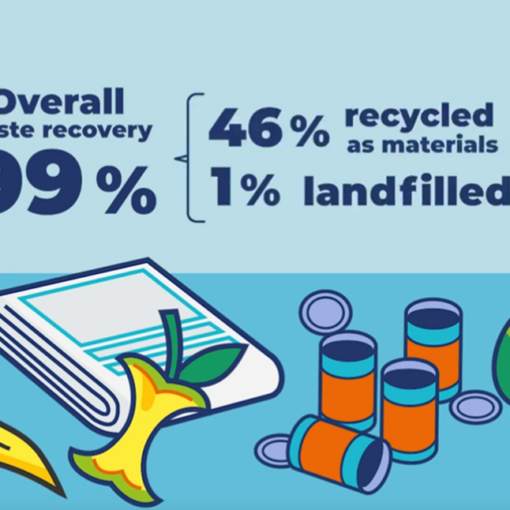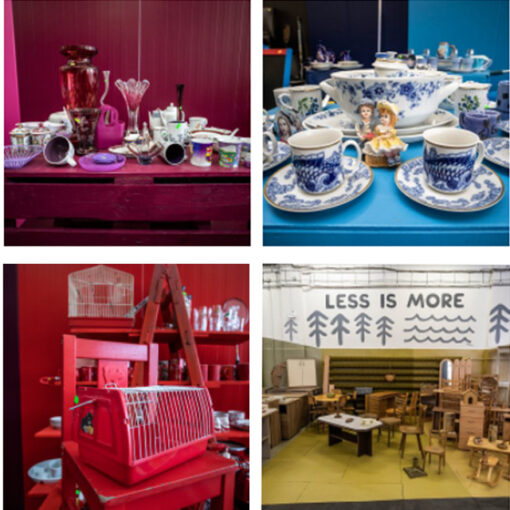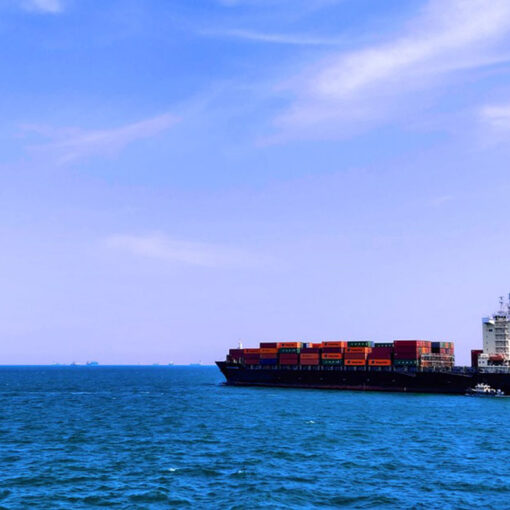On 20‒22 April 2022, the 3rd Smart Cities in Smart Regions (SCSR) conference was held in Breda, the Netherlands. The conference was jointly organised by Avans University of Applied Sciences, Breda University of Applied Sciences, Urban Living Lab Breda, and LAB University of Applied Sciences. The international event connected together peers, practitioners, academics and experts from businesses, private and public sectors to discuss the current topics and challenges related to smart cities. Besides keynote speeches, participants had an opportunity to attend various thematic presentations, poster sessions, and workshops.
The SCSR conference focused on the ongoing planetary change that impacts our way of living and urges us to adapt to new circumstances. The new way of thinking and living and finding approaches that take into account the eco-social aspects, require novel solutions and decisions responding to the current global change. To create smart cities, it is essential to co-create with various actors, including citizens, the planning of public areas and services, and be open to manifold scenarios.
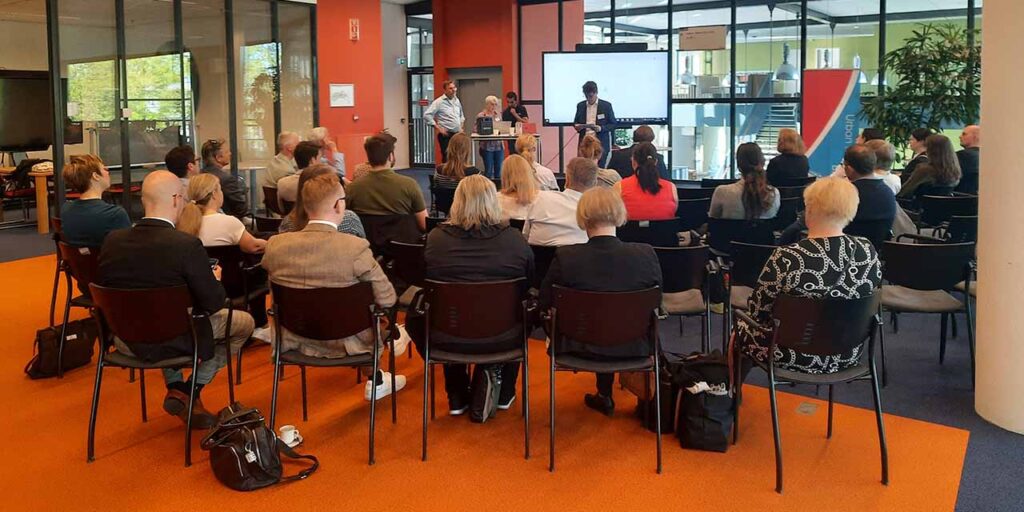
Focusing on circular economy and entrepreneurship
One of the themes of the SCSR conference discussed Circular Economy & Entrepreneurship. Two projects that are led by LAB University of Applied Sciences contributed with their lessons learned and shared concrete examples related to the theme of circular economy.
The session began with the presentation of the BIOREGIO project. BIOREGIO ‒ Regional circular economy models and best available technologies for biological streams ‒ shared insights and achievements from the five-year interregional cooperation, including concrete examples of existing solutions, so-called good practices, supporting bio-based circular economy. The project was granted a year extension. Besides the original focus, the additional activities concentrate on recovery measures, especially targeting SMEs, due to their significance to the local bio-based circular economy. During the discussions with the audience, many participants were astonished by the number of various good practices identified. Link to BIOREGIO website
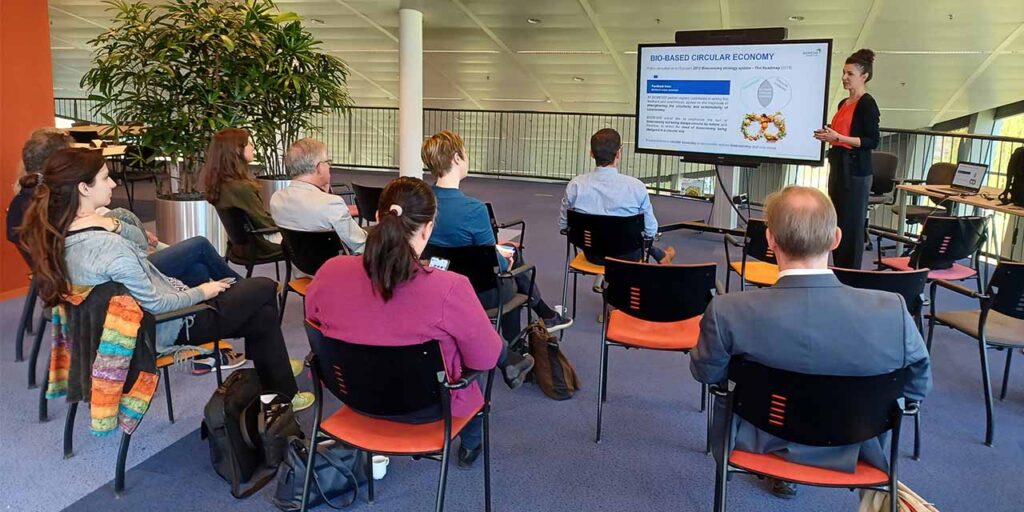
The presentation of the CECI project nicely complemented BIOREGIO as both projects are co-funded by Interreg Europe and have, therefore, many similarities and overlapping topics. CECI ‒ Citizen Involvement in Circular Economy Implementation ‒ addresses circular economy as a whole but from a citizens’ role perspective. Some of the mentioned CECI good practices could partly or fully serve also BIOREGIO and vice versa. The discussion with audience took a turn towards a more systemic level, including reflection on balance between voluntary work and paid work, universal basic income and 4 day working week. Link to CECI website
Both presentations concluded that cooperation between regions and nations, and knowledge exchange can speed up the transition toward a more circular and sustainable economy. By sharing practical solutions, we can influence regional policy development and enable its implementation locally. The discussions continued even after the end of the session, mainly on the communication of these examples. The message usually reaches those interested in the topic but how to approach those not interested or ignorant? Tailored storytelling was mentioned as a proven way of delivering a message.
Authors
Marjut Villanen works as an RDI Specialist at LAB University of Applied Sciences and is CECI Project Manager (LAB 2022). CECI – Citizen Involvement in Circular Economy Implementation is an Interreg Europe co-funded project led by LAB University of Applied Sciences, Finland.
Katerina Medkova works as an RDI Specialist at LAB University of Applied Sciences and is the Communication Manager of BIOREGIO (Link 1) and CECI. BIOREGIO is an Interreg Europe co-funded project led by LAB.
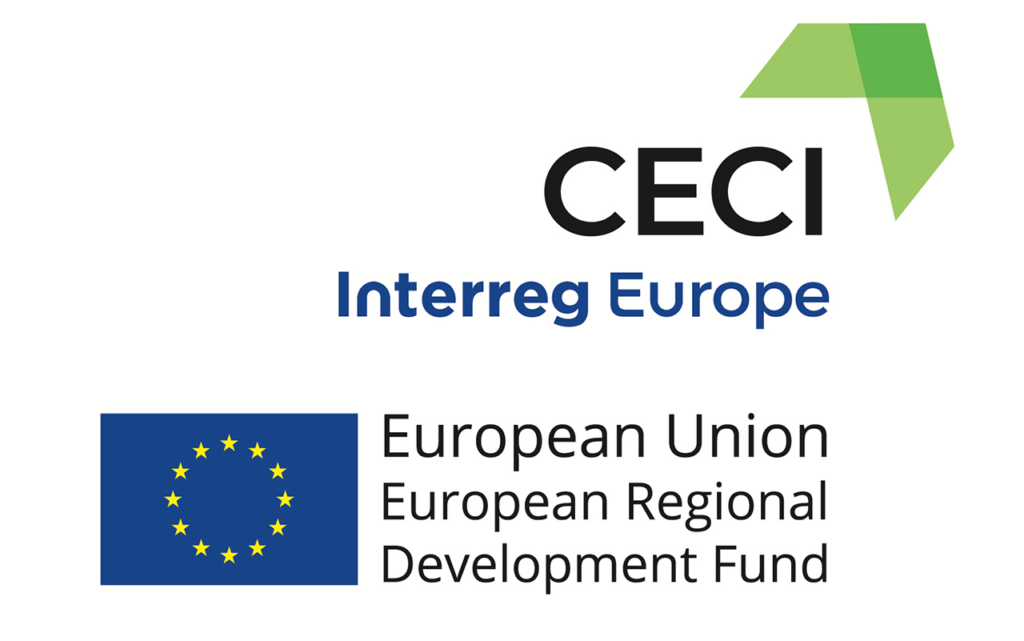
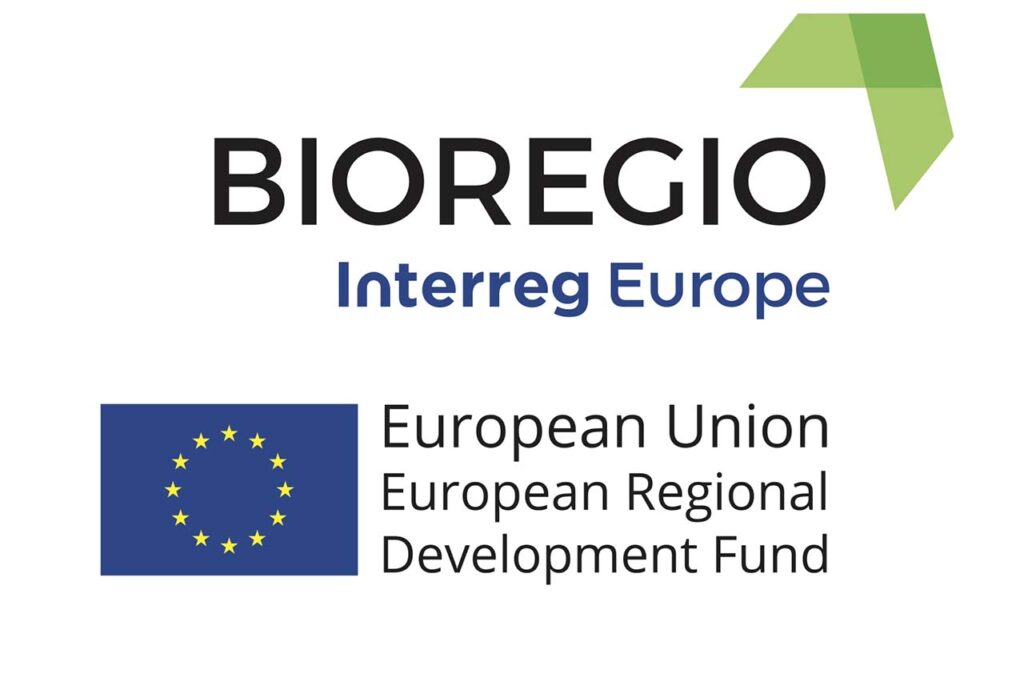
References
LAB. 2022. Ceci – Citizen Involvement in Circular Economy Implementation. Project. Cited 10 May 2022. Available at https://lab.fi/fi/projekti/ceci-citizen-involvement-circular-economy-implementation
Links
Link 1. Interreg Europe. 2022a. Project Summary. BIOREGIO. Cited 10 May 2022. Available at https://projects2014-2020.interregeurope.eu/bioregio/
Link 2. Interreg Europe. 2022b. Project Summary. CECI. Cited 10 May 2022. Available at https://projects2014-2020.interregeurope.eu/ceci/

